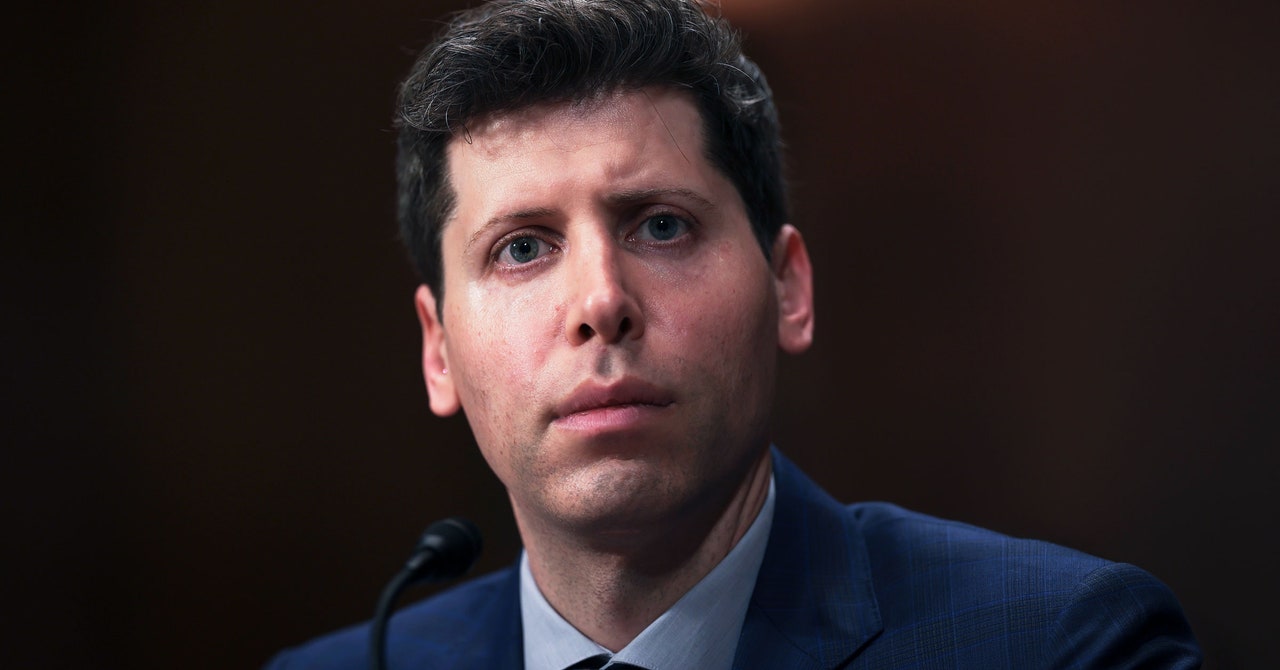How OpenAI Fired Altman to Head Up and Down the Stack: Sutskever’s Letter to Microsoft CEO Satya Nadella
Altman was removed by OpenAI’s nonprofit board through an unconventional governance structure that, as one of the company’s cofounders, he helped to create. It gave a small group of individuals wholly independent of the ChatGPT maker’s core operations the power to dismiss its leadership, in the name of ensuring humanity-first oversight of its AI technology.
Hours later, Microsoft CEO Satya Nadella announced that Altman and his OpenAI cofounder Greg Brockman would be joining the tech giant to head a new advanced AI research team.
“Satya now looks like one of the most epic kingmakers,” says Nathan Benaich, founder and general partner at Air Street Capital and author of the State of AI report.
“I’m sure [Microsoft] will give Sam the leeway to go up and down the stack,” Azhar says. “Microsoft itself is developing its own chips for AI. Well, Altman’s group can probably help with that now, and they will be developing consumer electronics like surface computers and so on. Sam can start to head in that direction now through this group.
The board that removed Brockman from his position as chair and fired his colleague was urged in the letter to appoint new board members.
Remarkably, the letter’s signees include Ilya Sutskever, the company’s chief scientist and a member of its board, who has been blamed for coordinating the boardroom coup against Altman in the first place.
The board was given the power to control the for-profit arm of the company. The directors have a fiduciary duty in order to ensure that Artificial general intelligence benefits all of humanity. Some following the drama saw hints in recent interviews by Sutskever about OpenAI’s research that he might have been anticipating a breakthrough that raised safety concerns. According to the New York Times, Sutskever was more concerned about the dangers of OpenAI’s technology and felt it should be more cautious.
Nadela appeared to leave the door open to any OpenAI employees eager to jump ship, adding of Altman’s new Microsoft subsidiary: “We look forward to moving quickly to provide them with the resources needed for their success.”
Shear’s Twitter Phenomenon: How OpenAI Affected Heavier Robotics and the Cost of Research Visas
One of the four people who launched the site was Shear. In June 2011, the site moved its gaming content to its new Twitch platform, which soon became the go-to place for video game streaming, with millions of monthly streamers. Amazon bought the company for $1 billion in 2014.
“He’s a typical Silicon Valley engineer type,” says one senior Twitch employee, who worked with Shear for a number of years and spoke on the condition of anonymity since they were not authorized to speak to the media. Highly intelligent but socially awkward. Shear didn’t have the greatest communication skills but had a lot of experience around him, says the senior Twitch employee. They say he could be very blunt.
Shear’s old posts on X have been shared on social media since the OpenAI board announced his appointment. In one, he discussed the prevalence of rape fantasies; in another, he offers that while “Nazis were very evil,” there are scenarios worse than a Nazi takeover. Shear did not immediately respond to a request for comment.
Some staff employed on work visas tied to OpenAI that make switching companies difficult posted on X today to say they signed the letter anyway. Boris Power, the company’s head of applied research wrote a letter stating that he would lose his research visa if he resigned. These are details on their way to the mission.
